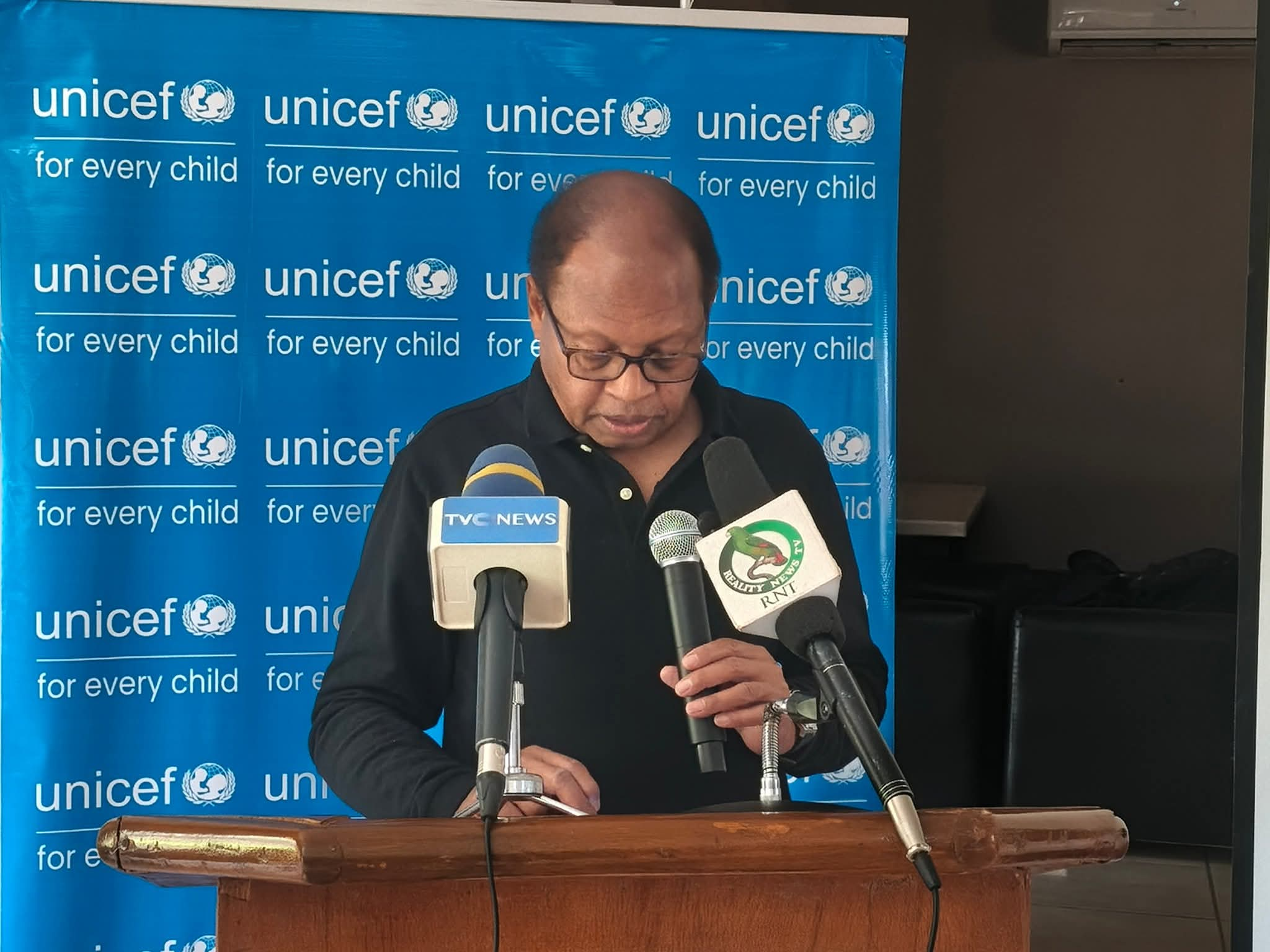UNICEF Urges Increased Investment in Children’s Welfare at Katsina Media Dialogue

By Zaharaddeen Ishaq Abubakar | Katsina Times
A media dialogue on child-sensitive budgeting and planning was held on Tuesday 8, July 2025, at the Federal Teaching Hospital, Katsina, with a resounding call from UNICEF for increased government investment in children's wellbeing. The event was organised by the UNICEF Kano Field Office in collaboration with the Katsina State Ministry of Budget and Economic Planning and featured participants from ministries, departments and agencies (MDAs) as well as civil society organisations (CSOs).
In his opening remarks, Mr. Rahama Rihood Muhammed Farah, Chief of the UNICEF Kano Field Office, emphasised the urgent need to prioritise children's needs in budgetary allocations and government policies. According to him, the time for lip service has passed—it is now time for concrete, well-structured actions and dedicated funding to protect and empower children.
“Children are not just heirs to the future—they are the building blocks of that future. Investing in them today means building a stronger, more sustainable Katsina State tomorrow,” said Farah.
Mr. Farah presented troubling statistics that reflect the state of child welfare in Katsina:
159 out of every 1,000 children die before their fifth birthday
Only 4.1% of children receive complete immunisation
33% of children do not attend primary school
75.5% of children live in extreme poverty
61.2% of children live in financially insecure households
Only 23.4% of children aged 6–23 months consume nutritionally adequate diets
“These figures are not just numbers—they represent a crisis of lost potential, weakened intellect, and denied leadership,” Farah warned.
The dialogue highlighted how child-related needs often disappear within broader departmental budgets, making it difficult to track and assess impact. To address this, Mr. Farah proposed several recommendations:
All MDAs should clearly outline child-specific programmes and funds in their budgets
Stronger inter-agency collaboration is needed to avoid duplication and waste
Quarterly and mid-year budget reports on child-focused expenditures should be produced
A higher percentage of the budget should be allocated to health, education, nutrition, and child protection
Government should issue directives requiring all MDAs to adopt child-sensitive budgeting
“Too often, we allocate more funds to roads and infrastructure than to the minds and bodies that use them,” he added.
UNICEF also appealed to CSOs to support the government through data provision and advocacy to ensure appropriate budgetary allocation for children. Farah stressed that while equitable distribution of resources may seem costly, leaving children behind is far more expensive in the long run.
He called for targeted interventions for hard-to-reach rural communities, children with special needs, those affected by conflict, and children from economically disadvantaged families.
The meeting raised serious concern over the declining budgetary allocation to social sectors in the state. Between 2016 and 2020, funding for key areas such as health and education steadily declined—from 38% of the total budget in 2016 to significantly lower levels in recent years.
“We cannot solve children’s problems if their share of the budget keeps shrinking,” Farah warned. “Every Naira not spent on a child is a lost opportunity.”
In his concluding message, Farah urged Katsina’s policymakers to turn pledges into practical action.
“The Child Protection Law in Katsina is not just legislation—it is a budgetary obligation. It must be translated into actionable programmes that genuinely benefit children, especially the most vulnerable. Child budgeting goes beyond naming schools and clinics in the budget—it must focus on measurable outcomes.”
He called on the government to ensure that the next state budget reflects real priorities and meaningful commitments to the children of Katsina.

